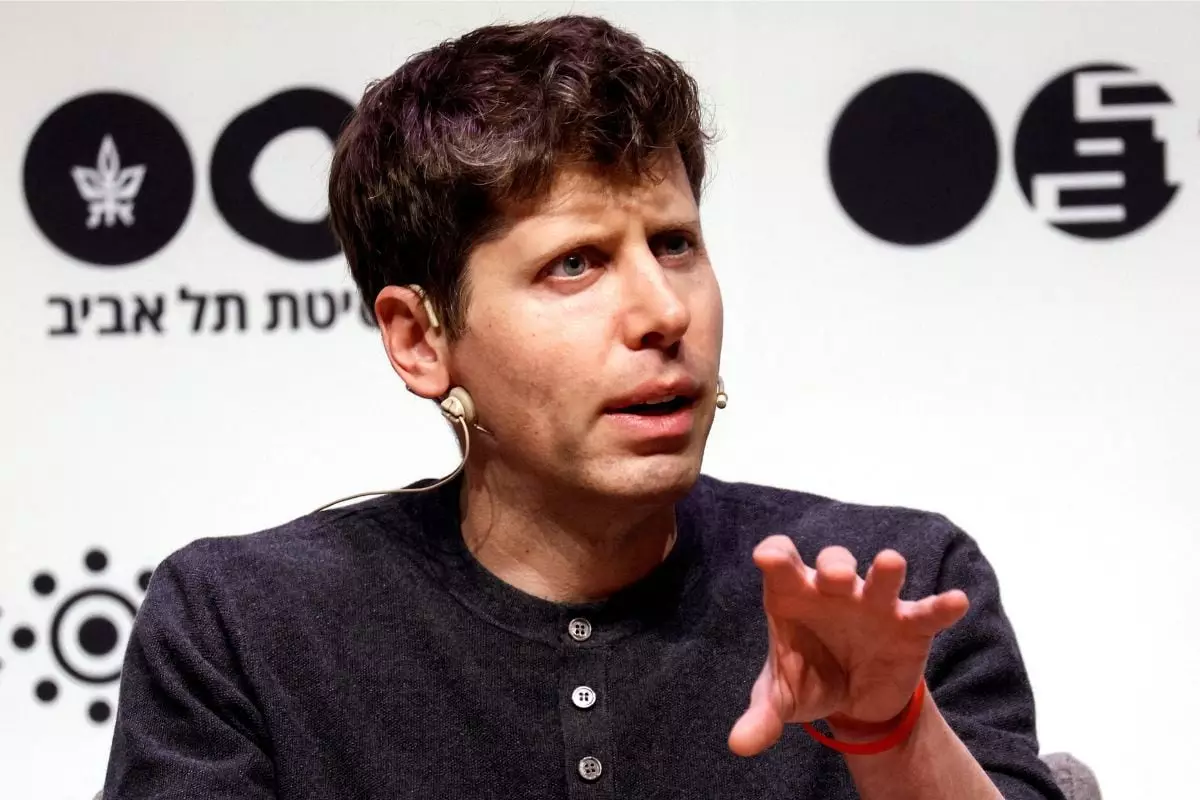The significant move by OpenAI in adopting Anthropic’s Model Context Protocol (MCP) is more than just a technical upgrade; it represents a profound shift in how AI systems could interact with external data sources. The concept of standardizing connections—particularly among disparate systems—offers an unprecedented opportunity for seamless integration across various platforms and technologies. For a sector rife with fragmentation, the adoption of MCP can serve as a unifying force that encourages collaboration rather than competition.
A Solution to Fragmentation
Traditionally, AI chatbots built on large language models (LLMs) face the daunting challenge of navigating through inconsistent data formats and connectivity methods. Each system typically comes with its own inherent quirks, resulting in a lack of uniformity. The varied ways these systems process information can lead to discrepancies in user experiences—issues like latency and incompatible file formats often plague interactions. MCP’s advent comes as a much-needed antidote, providing a universal standard that can mitigate these frustrations. This breakthrough not only enhances the performance of AI but also amplifies user trust in chatbots, which has long been a contentious issue in the AI landscape.
Pushing User-Centric Innovation
What’s particularly exciting about this announcement is OpenAI’s willingness to cater to user needs through this newfound support for MCP. In an era where consumer engagement is pivotal, OpenAI’s integration signals its commitment to prioritizing user experience over merely technological advancement. By enabling easier connections to platforms like Google Drive and Slack, OpenAI is not just enhancing productivity; it’s creating environments that empower users to harness the full potential of AI capabilities more efficiently. This alignment with user-centric design could have far-reaching implications for the future of work and collaboration.
Open Source Philosophy in Action
Let’s not overlook the ideological resonance of this decision. By opting to embrace an open-source model initiated by Anthropic, OpenAI is reinforcing the notion that information should not be siloed or hoarded. This pivotal moment could signal a shift in power dynamics within the AI community, empowering developers and innovators to work together rather than in isolation. OpenAI’s move is emblematic of a growing recognition that collaboration is key to unlocking the next wave of advancements in AI technology.
The Implications of Growing Integration
With MCP’s functionality being introduced across multiple products, including the widely-used ChatGPT and the API, we may soon witness a landscape where AI applications operate with unprecedented fluidity. This growing ecosystem of integration could give rise to new synergies that leverage diverse data, potentially transforming industries and offering solutions to complex challenges. While there are valid concerns about security and privacy when it comes to widespread data sharing, the hope is that the framework provided by MCP will address these issues adequately, making it safer for companies and individuals alike to embrace AI technologies.
Through this calculated embrace of the MCP, OpenAI is not merely adding a feature; it’s reinventing the foundational fabric of how AI interacts with the world, pointing to an exciting future where collaboration drives progress. In an age marked by digital transformation, this is a pivotal moment that could shape the upcoming narrative of AI innovation.


Leave a Reply